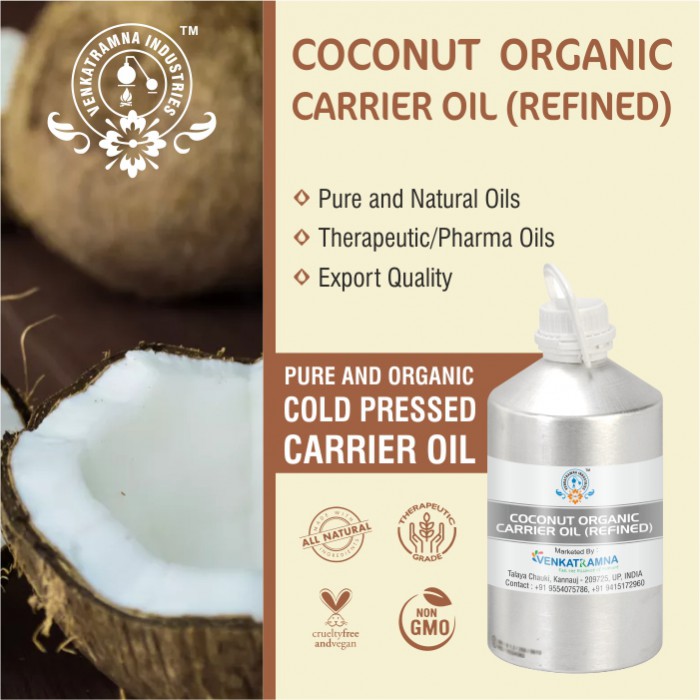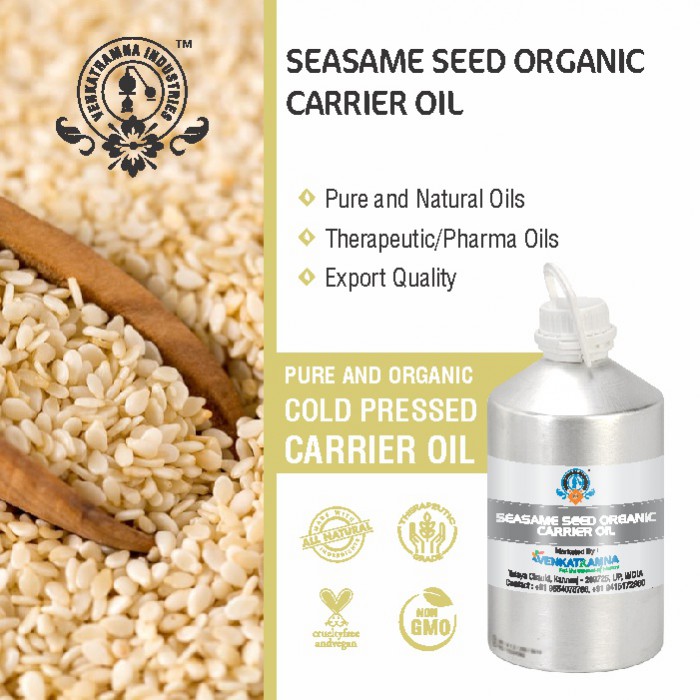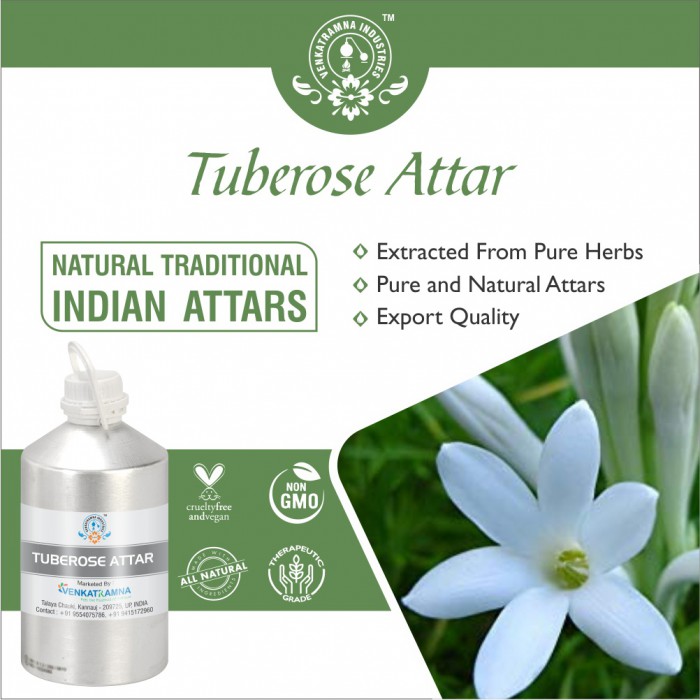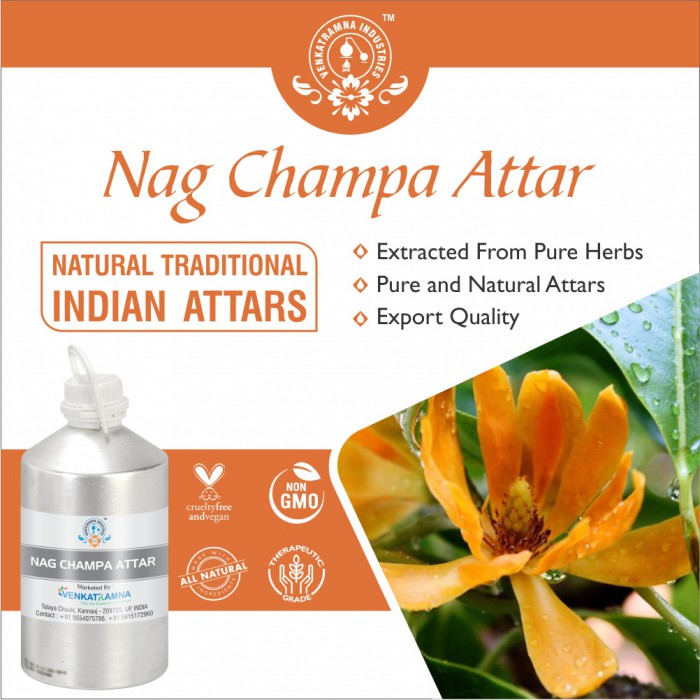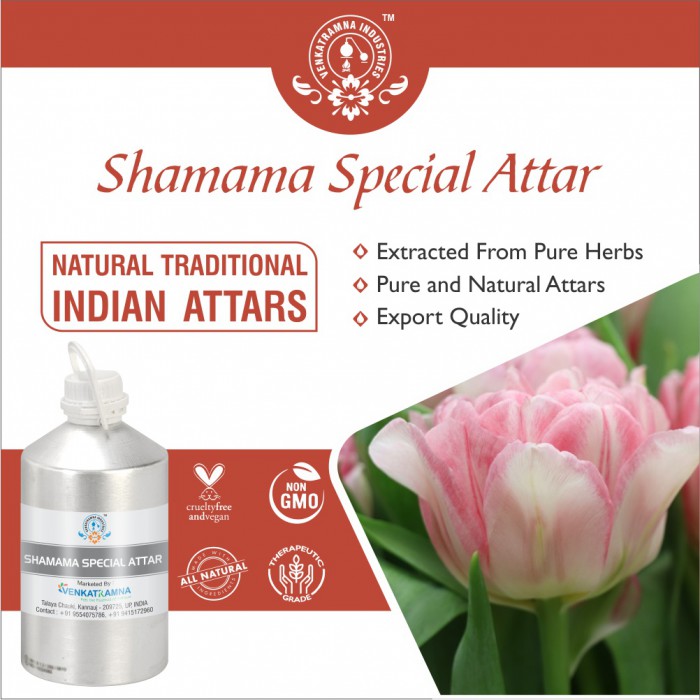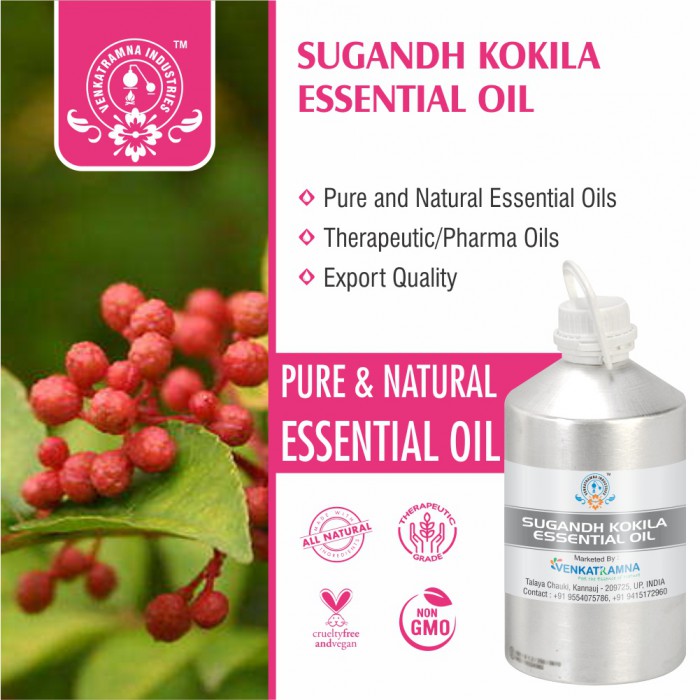Botanical Name: Artemisia Vulgaris Common name: Mug wort, White Wormwood Read More
|
Botanical Name: |
Artemisia
Vulgaris |
|
Common name: |
Mug
wort, White Wormwood |
|
Plant
family: |
Asteraceae |
|
Genus: |
Artemisia |
|
Appearance/Color: |
Pale to dark yellow liquid with thin consistency |
|
Odor: |
It has
a powerful, fresh-camphoraceous, somewhat green and bittersweet scent that
offers a strong middle note |
|
Blends With: |
Patchouli, Lavender, Rosemary, Pine, Clary Sage and Cedarwood |
|
Origin: |
Morocco |
|
Source: |
Aerial Parts |
|
Method
of Extraction: |
Steam
Distillation |
It is also known as White Wormwood, this
aromatic perennial herb has red-purple stems and deeply cut, dark green leaves
with white undersides. Panicles of tiny red-brown flowers appear in summer. It
is a tall-growing plant, the stems, which are angular and often of a purplish
hue, frequently rises to 3 feet or more in height.
The name "artemisia" ultimately derives from the Greek goddess Artemis (Roman Diana), the namesake of Greek Queens Artemisia I and II A more specific reference may be to Artemisia II of Caria a botanist and medical researcher who died in 350 BC.
DISCLAIMER
The complete range of conditions
or methods of use are beyond our control therefore we do not assume any
responsibility and expressly disclaim any liability for any use of this
product. Information contained herein is believed to be true and accurate however,
all statements or suggestions are made without warranty, expressed or implied,
regarding accuracy of the information, the hazards connected with the use of
the material or the results to be obtained from the use thereof. Compliance
with all applicable federal, state, and local laws and local regulations
remains the responsibility of the user.
The FDA has not evaluated the
statements on this website. No claims are made by Venkatramna Industries as to
the medicinal value of any products from vriaroma.com or by us. The information
presented here is for educating our customers about the traditional uses of
essential oils and is not intended to diagnose, treat, cure, or prevent any
disease. You are responsible for understanding the safe application of these products.
If you have any questions, please call or email us for further information.
As per NAHA guidelines, New Directions Aromatics
(NDA) does not recommend the ingestion of essential oils. It is imperative to
consult a medical practitioner before using Essential Oils for therapeutic
purposes. Pregnant and nursing women and those taking prescription drugs are
especially advised not to use this product without the medical advice of a
physician. The oil should always be stored in an area that is inaccessible to
children, especially those under the age of 7.
The Mug wort plant has been traditionally used for everything
from digestive disorders to beer-making, insect repellent, and more. In
addition to its medicinal use, mug wort has been used for smudging, protection
and inducing vivid dreams (when placed underneath a person’s pillow).
Massaging mug wort oil on stomach and lower
abdominal area has numerous benefits.
Mug wort essential oil is also a potent,
all-natural remedy for curing digestive disorders or digestive problems because
it can effectively stimulate the proper secretion of bile and digestive
enzymes, thus facilitating proper digestion and breakdown of food. This
promotes full absorption of food into bloodstream.
As such, this oil eliminates problems of
indigestion, stomach aches, acid reflux and other digestion-related problems.
It can also help menstrual flow to be regular
by promoting smoother and unobstructed blood flow out of uterus, since it
has emmenagogue properties. It helps to cure other problems associated with
menstruation, such as abdominal pains, fatigue, headache and even nausea. Since
it helps ensure regular menstrual cycles, mug wort oil also helps to maintain
proper health and smooth functioning of uterus since it stimulates discharge of
harmful toxins through uterine discharges and secretes hormones that are
designed to keep uterus functioning properly.
Mug wort oil is also a great natural anti-epileptic and anti-hysteric
remedy. Its strong middle note aroma in a diffuser can create a soothing and
calming effects on nervous system and brain, stimulating relaxation and
tranquility. As such, it helps to calm and reduce any epileptic or hysteric
attacks when they do occur.
Adding mug
wort essential oil into bathing water can act as diuretic, mug wort oil helps
to remove harmful substances, such as urea, uric acid, excess
salts, fats and water, through increased urination. As such, body
will be rid of toxic substances and cleansed, ensuring smooth functioning of
vital organs, especially the liver and kidneys since it helps in the
detoxification process.
Furthermore, this property makes it very
useful to treat people suffering from obesity, hypertension and rheumatism,
arthritis as well as gout since these conditions are brought about by the
increased accumulation of toxins in the body.
It is an efficient stimulant, as it
stimulates practically all the systems in the body, from the circulatory system
to the endocrine system as it induces the secretion of hormones and enzymes.
COMMON
USAGE
·
Anti-epileptic
and Anti-hysteric
·
Emmenagogue
·
Cordial
·
Digestive
·
Diuretic
·
Nervine
·
Stimulant
·
Uterine
·
Vermifuge
Ingredients:
|
S.No |
Key Constituents |
Strength (%) |
|
1 |
Chrysanthenyl acetate |
31.7–32.8 |
|
2 |
Germacrene D |
12.1–15.9 |
|
3 |
b-Caryophyllene |
3.8–3.9 |
|
4 |
Artemisia ketone |
0–3.1 |
|
5 |
b-Selinene |
2.8–2.9 |
|
6 |
1,8-Cineole |
2.2–2.9 |
|
7 |
b-Thujone |
2.1–2.3 |
|
8 |
a-Selinene |
1.5–2.2 |
|
9 |
Sabinene |
1.8–1.9 |
|
10 |
Santolina triene |
0–1.9 |
|
11 |
Terpinen-4-ol |
1.7–1.8 |
|
12 |
Borneol |
1.6–1.7 |
|
13 |
a-Caryophyllene |
1.5–1.6 |
|
14 |
Caryophyllene oxide |
1.2–1.5 |
|
15 |
p-Cymene |
0.9–1.5 |
|
16 |
b-Myrcene |
1.2–1.3 |
|
17 |
Phytol |
0.9–1.2 |
|
18 |
Spathulenol |
1.2 |
|
19 |
a-Copaene |
1.0–1.1 |
|
20 |
a-Thujone |
0.2–0.3 |
Safety Summary
·
Hazards: Slight
neurotoxicity.
·
Cautions: Pregnancy,
breastfeeding.
Maximum
adult daily oral dose 269 mg
Maximum
dermal use level 9.6%
Organ Specific Effects
·
Adverse skin reaction: No information found.
·
Neurotoxicity: There is a risk of convulsions with
moderately high doses of thujone. The thujone NOAEL for convulsions was
reported to be 10 mg/kg in male rats and 5 mg/kg in females.
·
Systemic
Effects
·
Acute
Toxicity: No information
was found for the essential oil or its two major constituents. Both a- and
b-thujone are moderately toxic, with reported oral LD50 values ranging from
190–500 mg/kg for different species.
·
Antioxidant/pro-oxidant activity: Essential oil of Artemisia vulgaris var.
indica strongly scavenged DPPH radicals.
·
Carcinogenic/anti carcinogenic potential: Artemisia vulgaris var. indica oil was
antimutagenic in an assay with S. typhimurium TA98.
·
Ecotoxicity: No data available
Acute fish
toxicity: LC50 / 96 HOUR – No data available
Toxicity to
aquatic plants – No data available
Toxicity to
microorganisms – No data available
Toxicity threshold
– No data available
·
Bioaccumulation: expected
·
Mobility in soil: No data available
·
Persistence and degradability: biodegradation
unlikely
·
PBT and vPvB assessment: No data available
·
Avoid direct exposure into water streams and
ground water sources.


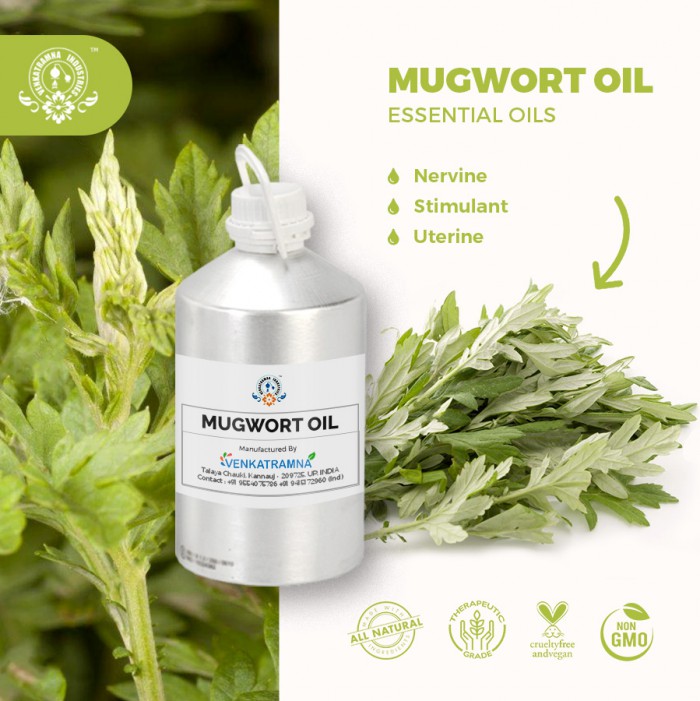
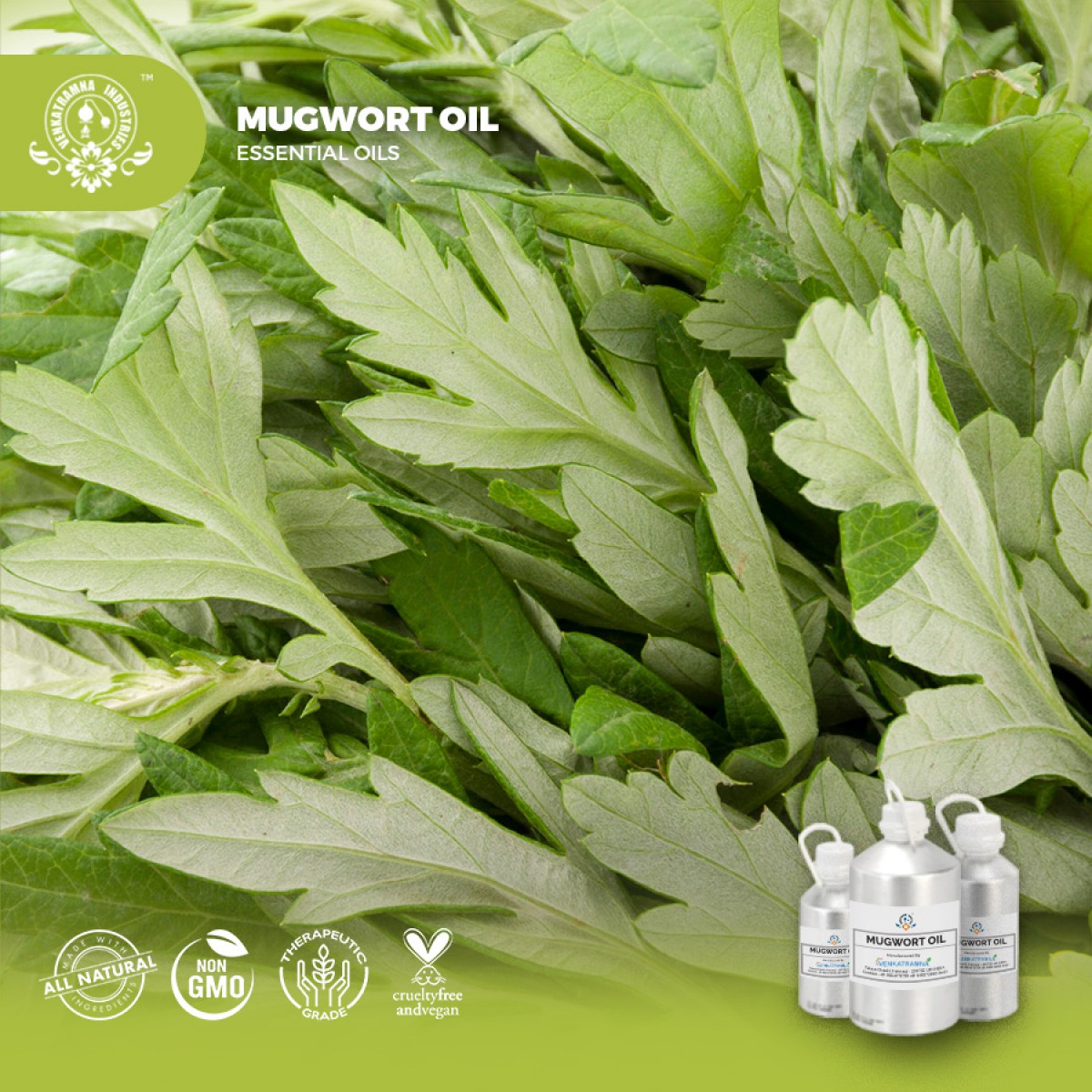
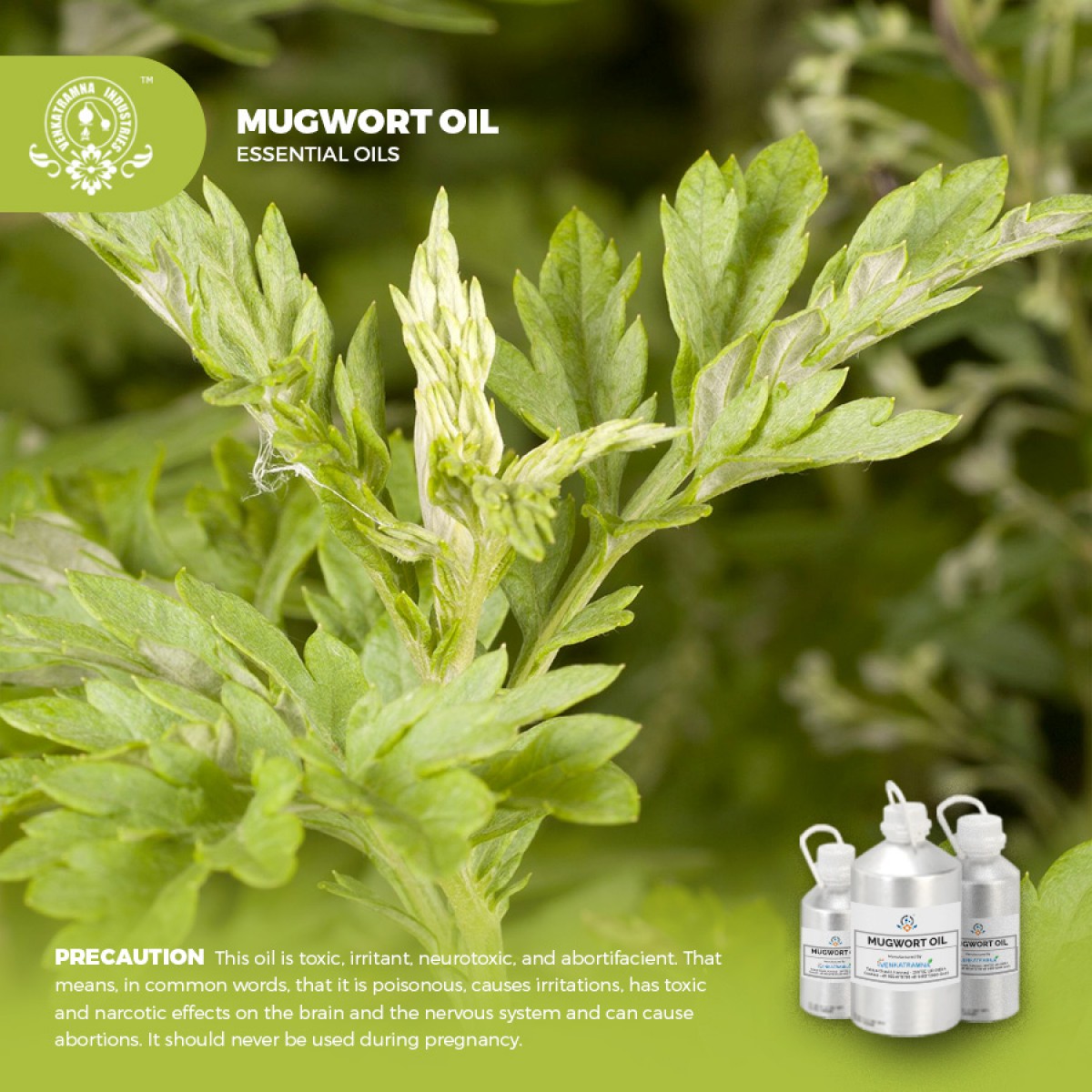
 MSDS-Mugwort.pdf
MSDS-Mugwort.pdf